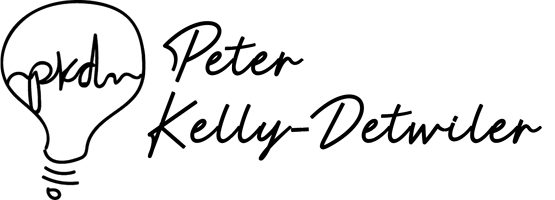EV Battery Wars, AI-Powered Grids & Green Hydrogen Breakthroughs
1.) California-based battery swap startup Ample is planning to build a network of stations in Tokyo, each of which can support charging over 100 electric Mitsubishi Fuso delivery trucks.
2.) Chinese battery giant CATL and automaker Nio will launch what they claim is the world's largest EV battery swapping network and will begin coordination in developing battery swapping stations.
3.) Chinese EV maker BYD says its EV platform will enable drivers to charge as fast as drivers refuel gas-powered vehicles. Its Super e-Platform uses flash-charging batteries and new silicon carbide power chips that can charge vehicles at a rate of one megawatt - well over one mile per second.
4.) Itron is collaborating with leading AI chipmaker NVIDIA to accelerate adoption of AI tech at the grid edge. The goal is to combine Itron’s 13 million+ distributed intelligence-enabled endpoints with NVIDIA’s AI tech to create a new level of distributed situational awareness.
5.) California regulators have OK’d new standards for maintaining and operating batteries that will include a requirement for emergency response and action plans. This after a fire at Vistra’s huge Moss Landing battery facility. California’s installed battery capacity now represents over 20% of the state’s peak demand.
6.) The Midcontinent Independent System Operator (MISO) is asking the FERC to approve an Expedited Resource Addition Study process that would speed up its interconnection process for supply assets “that can address urgent resource adequacy and reliability needs in the near term.” In many cases that likely means “gas.” In its December reliability assessment, NERC identified MISO as being most at risk of capacity shortfalls. MISO wants ERAS to come into effect by mid-May, with designated projects to be offered an Expedited Generator Interconnection Agreement within 90 days.
7.) RWE and TotalEnergies signed a 15-year green hydrogen supply deal for RWE’s forthcoming 300 MW electrolysis plant in Nieder-Sachsen, Germany to supply TotalEnergies’ refinery in Saxony-Anhalt, with 30,000 metric tons of green hydrogen. This is the biggest long-term green hydrogen agreement signed in Germany to date.
8.) Amazon is unveiling a carbon credit service – adhering to the most rigorous standards - that looks to restore trust in the voluntary carbon market. This will help companies in its value chain better manage their carbon exposure. Amazon requires participants to have net-zero emissions by 2050 targets, to measure and publicly report their emissions and commit to ongoing decarbonization strategies based on latest climate science.
9.) Skytree and Return Carbon, in partnership with Verified Carbon, are working with EDF Renewables North America to develop Direct Air Capture facilities in Texas. The aim is to develop 500,000 tons per year of negative emissions and store that carbon along the Gulf Coast. Skytree’s DAC technology will be tied to a behind-the meter, but grid-connected EDF wind farm. Return Carbon will bring capital to the game, while Verified Carbon will be responsible for the sequestration. EDF, of course, will supply the power.
